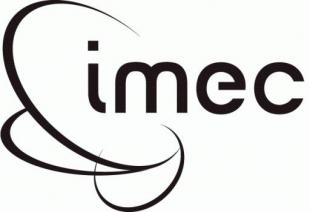Location:
Conference Room 1:03/1:04, SMC, King's Building Campus
Date:
Abstract
Driven by the consumer electronics industry, CMOS has proven to be the technology of choice to build ever powerful and cheaper processors. However, in contrast to the conventional Moor’s law, there exists an alternative path to facilitate more functionality on CMOS chips and is aptly named as More-than-Moore. This is where the versatility of analog circuits and silicon sensors/actuators come into picture. The domains of medical-electronics and neuro-electronics use such sensors to record and transmit information from within the central and peripheral nervous system. In future these man-machine interfaces will enable novel diagnostic and therapeutic devices to advance neuroscience and healthcare research. The mixed-signal integrated circuits located right at the signal source is a key component of such systems and determines the overall performance and size of such a sensor. Neuromorphic electronics is another very ambitious example of CMOS circuit design that belongs to this category of More-than-Moore.
This talk will briefly describe this interesting field of research that utilizes the physics of silicon to emulate and understand the nervous system. The second part of the talk will consist of various ambulatory healthcare devices developed at IMEC and are now accepted by electronics industry. Such devices require extremely precise analog circuits which work with minimal power consumption and are also immune to environmental artifacts. The final part will describe the advances in neural recording circuits developed by our group in the recent past. These systems have already proven to be instrumental in advancing the technological limitations of neurophysiology and should also close the ‘knowledge gap’ between electronics engineers and neuroscientists.
Biography
Srinjoy Mitra received his B.S. degree in physics and electronics from Calcutta, India and his M.Tech. degree from the Indian Institute of Technology, Bombay, India. After spending a short time in the electronics industry he joined the PhD program at the Institute of Neuroinformatics, ETH Zurich in 2004. Between 2008 to 2010 he worked as a post-doctoral researcher in the DARPA funded Revolutionary Prosthesis project at Johns Hopkins University. He then joined the medical electronics team at IMEC, Belgium and is presently holding a senior scientist position. Dr. Mitra specializes on low-power analog circuits for biomedical interfaces. He is currently leading various European Council and industry-funded projects on non-invasive and invasive recording from the brain.
Event Contact Name:
Dr Jonathan Terry



